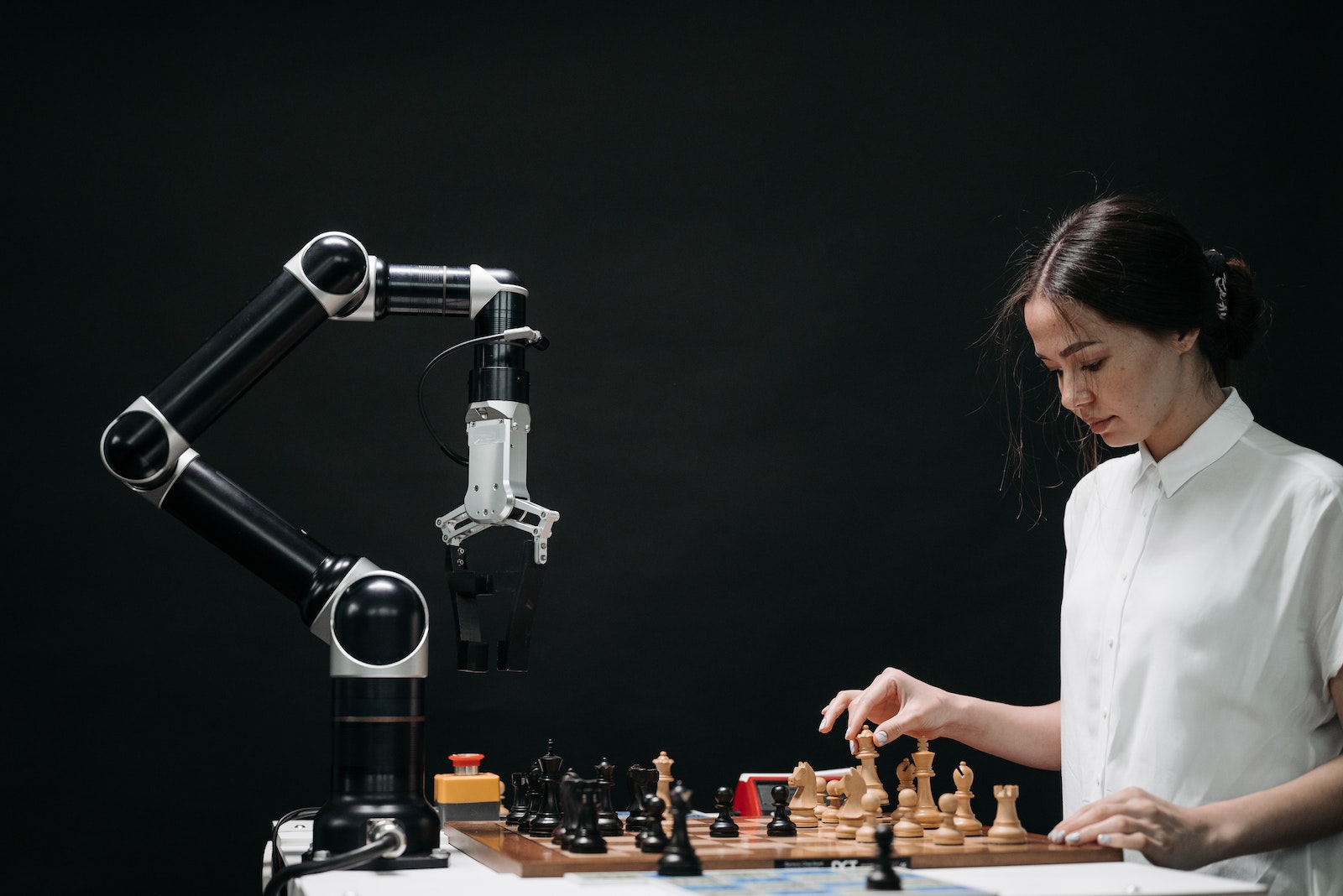A Comprehensive Expert Guide on the State of AI’s Ability to Improve and Innovate Itself Without Human Intervention
Introduction
The marvels of human innovation have led us to a new frontier, where artificial intelligence (AI) has the potential to learn and innovate independently of human input. As AI becomes more sophisticated, there is growing interest in its capacity for self-improvement and autonomy. This expert guide will explore the current state of AI’s ability to improve and innovate without human intervention, the challenges it faces, and the implications for our future.
The Current State of AI and Machine Learning
How Far AI Has Come and the Role of Machine Learning in Self-Improvement
AI systems have made significant strides in recent years, thanks to advances in machine learning and neural networks. These technologies enable AI to analyze vast amounts of data and adapt its behavior based on its environment. Some AI systems are even capable of mimicking human-like decision-making and reasoning, bringing them closer to achieving human-like intelligence.
Machine learning, a subset of AI, plays a critical role in allowing AI systems to improve and innovate themselves. By feeding AI algorithms large datasets and using techniques such as deep learning and reinforcement learning, AI systems can learn to optimize their performance over time, often surpassing human capabilities in certain tasks.
The Challenges in Achieving AI Autonomy and Self-Improvement
Understanding the Obstacles that Hinder AI from Innovating Independently of Human Input
Despite the progress made in AI and machine learning, there are still significant challenges that must be overcome for AI to achieve true autonomy and self-improvement. Some of these challenges include:
- The complexity of human intelligence: Replicating the intricacies of human cognition and emotional intelligence remains a daunting task for AI researchers.
- Ensuring AI safety and ethics: As AI systems become more autonomous, there is a growing concern about their ethical behavior and the potential risks they may pose.
- Achieving general AI: Current AI systems excel in narrow tasks but struggle to adapt their learned skills to new, unfamiliar situations – a capability that humans possess.
- Overcoming limitations in hardware and computational resources: The massive computational power required for advanced AI systems presents a significant challenge in terms of energy consumption and hardware limitations.
The Future of AI Autonomy and Self-Improvement
Exploring the Potential Implications and Opportunities of AI’s Ability to Innovate Itself
As AI continues to evolve and researchers make progress in overcoming the challenges mentioned above, we can anticipate a future where AI systems are capable of innovating themselves without human intervention. This future may involve:
- Accelerated innovation and problem-solving: Autonomous AI systems could rapidly solve complex problems and make breakthroughs in various fields, from medicine to climate change.
- AI companions and collaborators: Autonomous AI systems could work alongside humans, augmenting human capabilities and enabling us to achieve our full potential.
- Ethical considerations: As AI systems become more autonomous, the importance of instilling ethical behavior and ensuring AI safety will become paramount.
- Potential job displacement: The increasing autonomy of AI systems may lead to job displacement in certain industries, necessitating reskilling and workforce transition efforts.
Conclusion
The final frontier of human innovation lies in AI’s quest to achieve autonomy and self-improvement, transcending the need for human intervention. As researchers continue to push the boundaries of AI and machine learning, the potential implications and opportunities of this new era of AI-driven innovation are both exciting and challenging. By understanding the current state of AI, addressing the obstacles it faces, and preparing for future implications, we can ensure that AI systems are developed responsibly and harnessed for the betterment of humanity.











